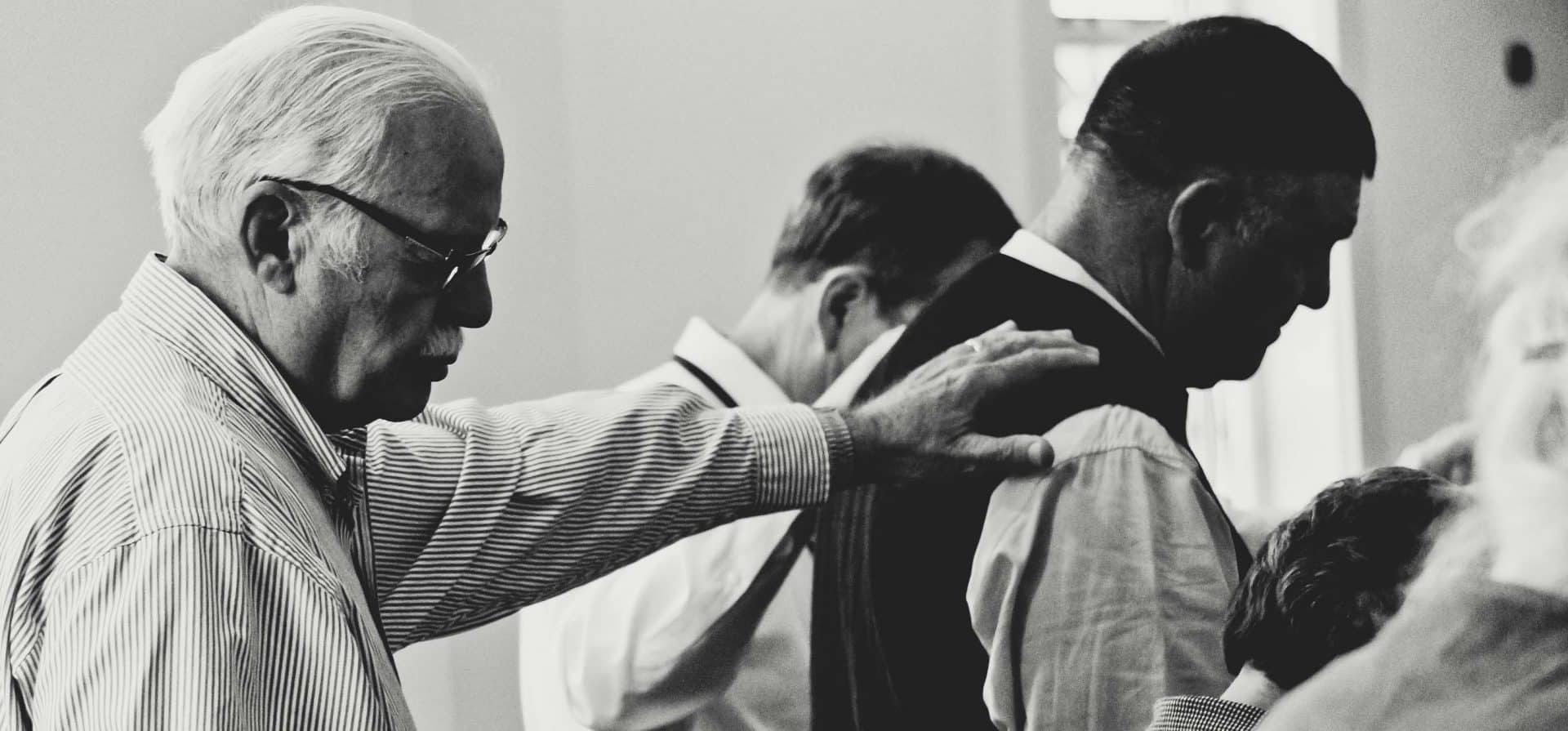In John 3:16, one of the world’s most beloved Bible verses, we read that because God loved the world, He gave us His Son. Not only does this tell us about the price that God chose to pay for our salvation, it also confirms that God reveals Himself to us, in part, through his generosity. His love is manifested through His generosity to us.
As God’s people, we are called to be generous too. In fact, we should be known everywhere for our charitable hospitality. And this expectation did not begin in the New Testament; centuries before the birth of Christ, God’s people were instructed to live generously.
To help wrap your mind around the importance of giving, here are four generosity principles from the book of Proverbs.
1. Generosity is a path to blessing.
One person gives freely, yet gains even more;
another withholds unduly, but comes to poverty.
A generous person will prosper;
whoever refreshes others will be refreshed.
—Proverbs 11:24–25 (NIV)
Scripture is full of promises that our generosity will be returned to us. So much so that this promise has, at times, been used by unscrupulous leaders to fleece believing Christians or to make God out to be like a vending machine. But Scripture does not teach us about generosity with the purpose of making us rich. Instead, it shows us what kinds of lives God rewards.
Stingy and greedy people naturally see the world as a pie—there are only so many pieces to go around. If they give away what they have, they will have less. They try to hoard what they have to protect it. Generous people see the world through a lens of anticipation rather than scarcity. They take care of others and believe that, through God’s providence and their efforts, they will be taken care of as well.
God may bless both kinds of people. But the greedy would never recognize it.
2. The generous lend to the Lord.
Whoever is kind to the poor lends to the Lord,
and he will reward them for what they have done.
—Proverbs 19:17 (NIV)
How generous would you be if you truly believed your generosity put the Lord in your debt? That is the picture the author of this proverb draws for us: our kindness to the poor is a loan to God. It is truly a surprising idea.
One principle we can draw from this proverb is that generosity takes faith. We can believe Jesus when he said, “Give, and it will be given to you. A good measure, pressed down, shaken together and running over, will be poured into your lap. For with the measure you use, it will be measured to you” (Luke 6:37–38 NIV).
3. We need generous ears.
Whoever shuts their ears to the cry of the poor
will also cry out and not be answered.
—Proverbs 21:13 (NIV)
We’ve seen that the Lord honors those who are generous, but here we are told that the flip side is also true. When we intentionally ignore the needs of the poor, that gets returned to us as well. This warning is intended to drive home the gravity of ignoring others’ needs.
In the story of the Good Samaritan, two people—the priest and the Levite—refused to help the man who had been robbed and beaten. But the Samaritan saw the desperate man’s needs and stopped to care for him, even at great cost to the Samaritan. God’s care to others is often disbursed through our generous obedience. When we deliberately ignore the cries of those in need, we frustrate God’s economy of care, and He must accomplish His purpose another way.
4. The righteous care about the poor.
The righteous care about justice for the poor,
but the wicked have no such concern.
—Proverbs 29:7 (NIV)
We can’t be in an intimate relationship with God without sharing His concerns. That’s why the righteous are not simply concerned about the poor as an abstract idea—they are burdened with justice for the poor.
Adversely, the wicked have no such concerns. They are only interested in themselves and what is going to affect them. The writer of Proverbs said it this way: “Evildoers do not understand what is right, but those who seek the Lord understand it fully” (Proverbs 28:5 NIV).
Choose generosity toward those in need.
There are so many ways you can practice generosity and demonstrate the care of the Lord to the people around you. How will you choose to strengthen your muscles of generosity—not just in response to acute or urgent needs, but as a consistent habit and spiritual practice?
CDF Capital was instrumental in starting Kairos Benevolence Fund, a nonprofit ministry established to honor the legacy of ministers and missionaries by assisting those faithful servants who now face significant financial or health crises. If you’d like to support their ministry of providing benevolence grants, you can click through to their website: kairosbenevolencefund.org.




